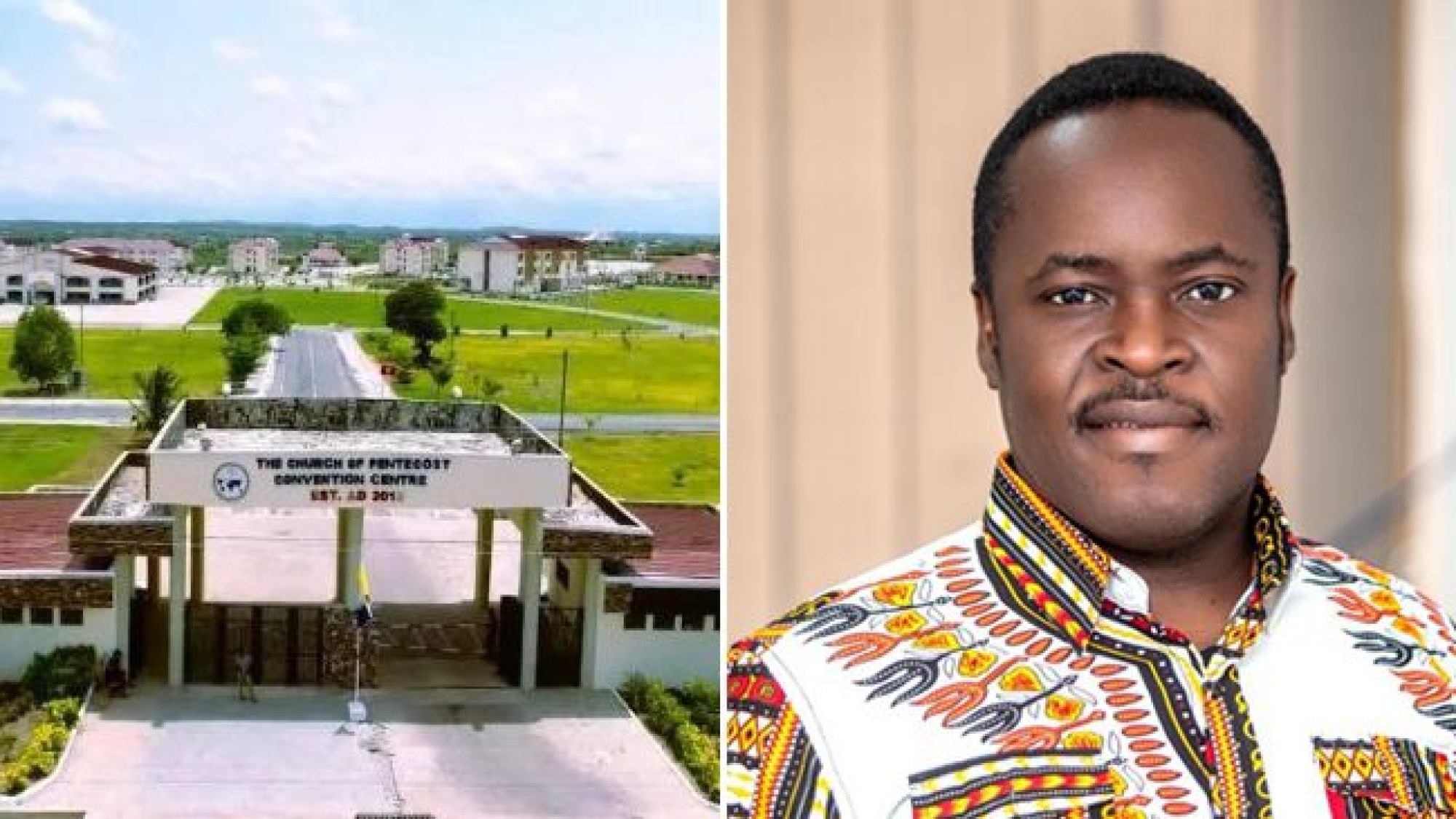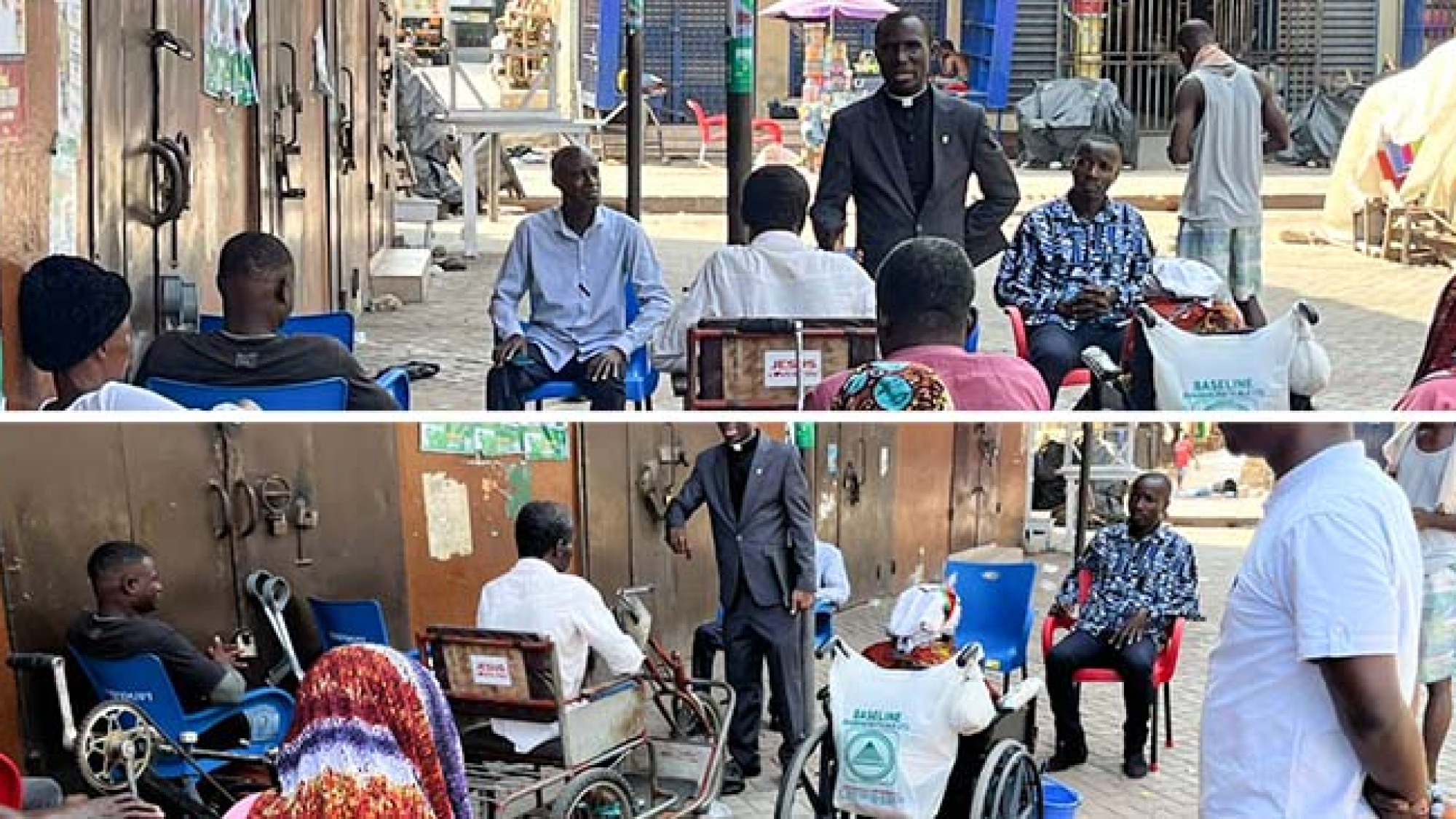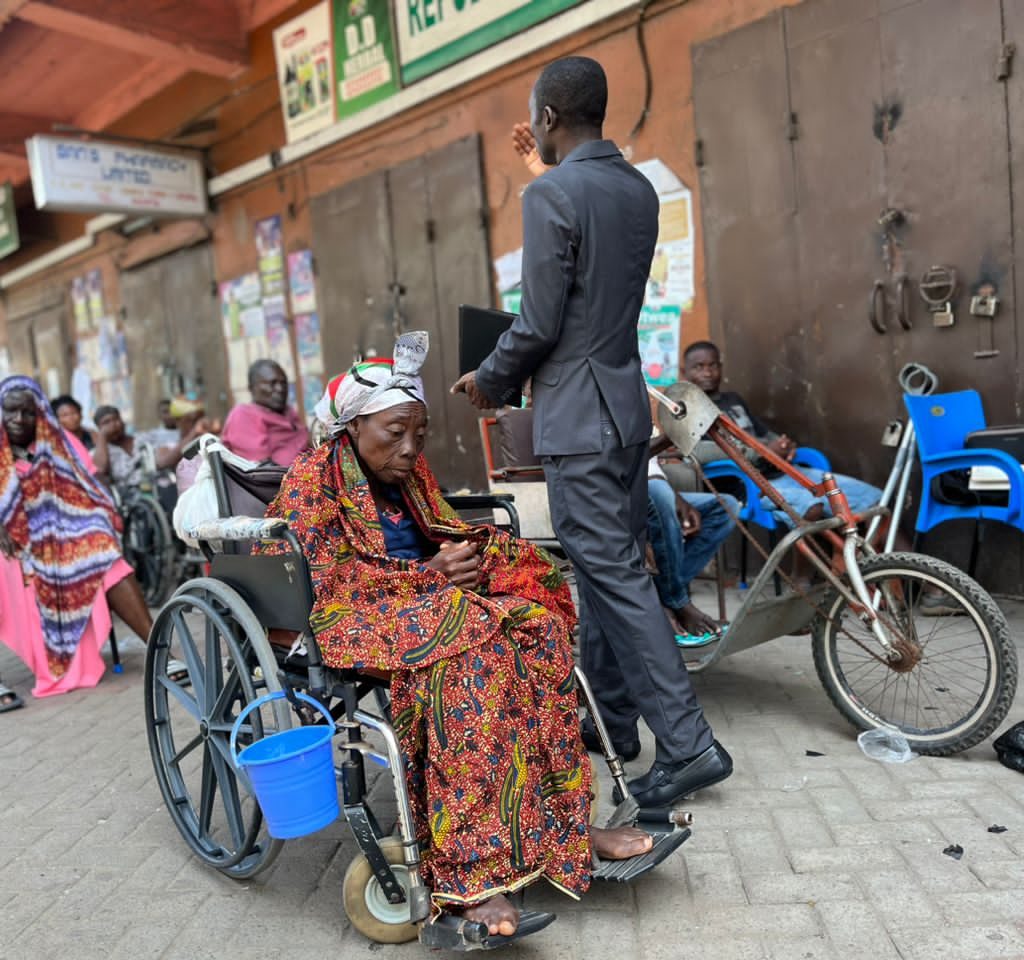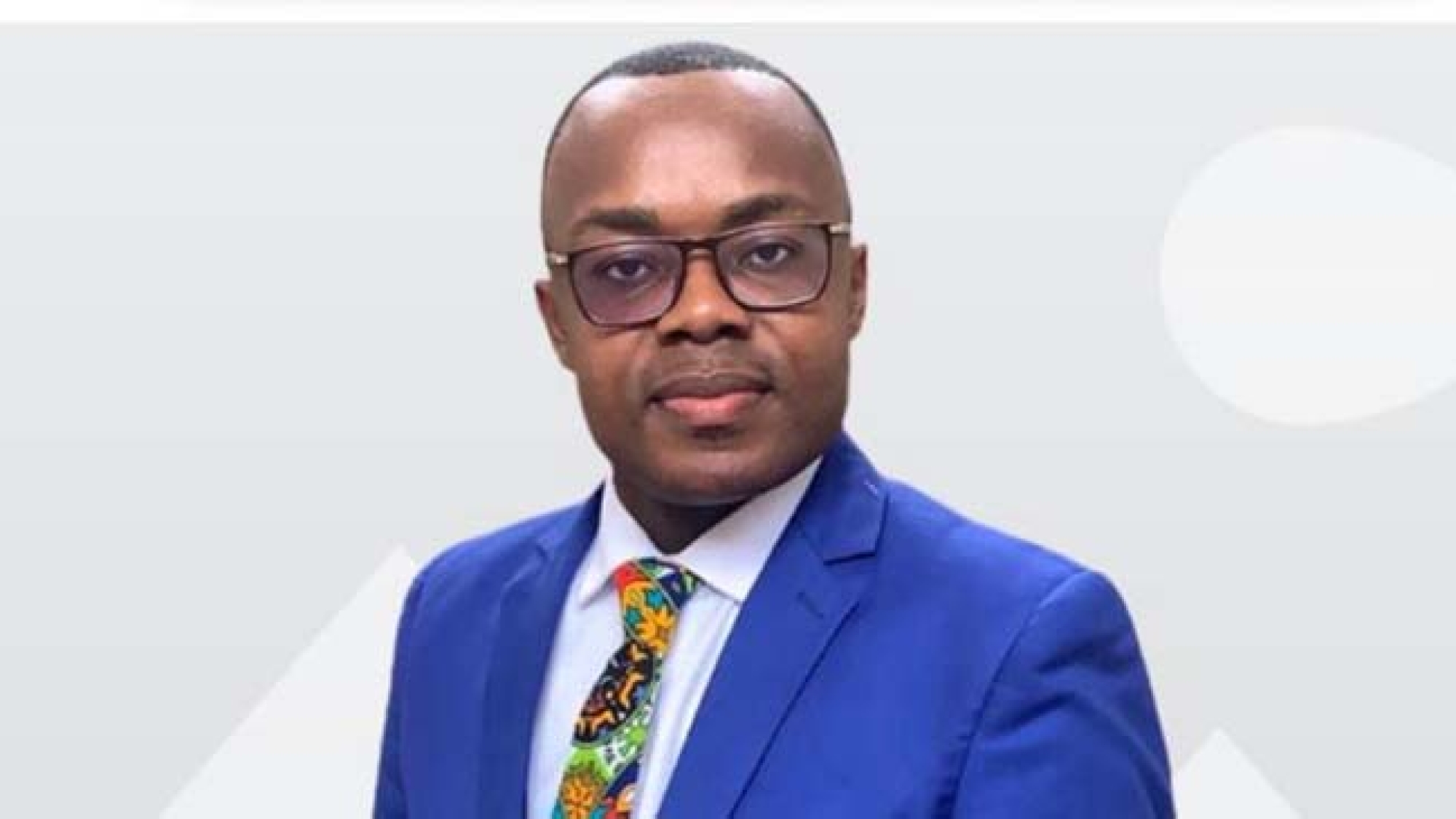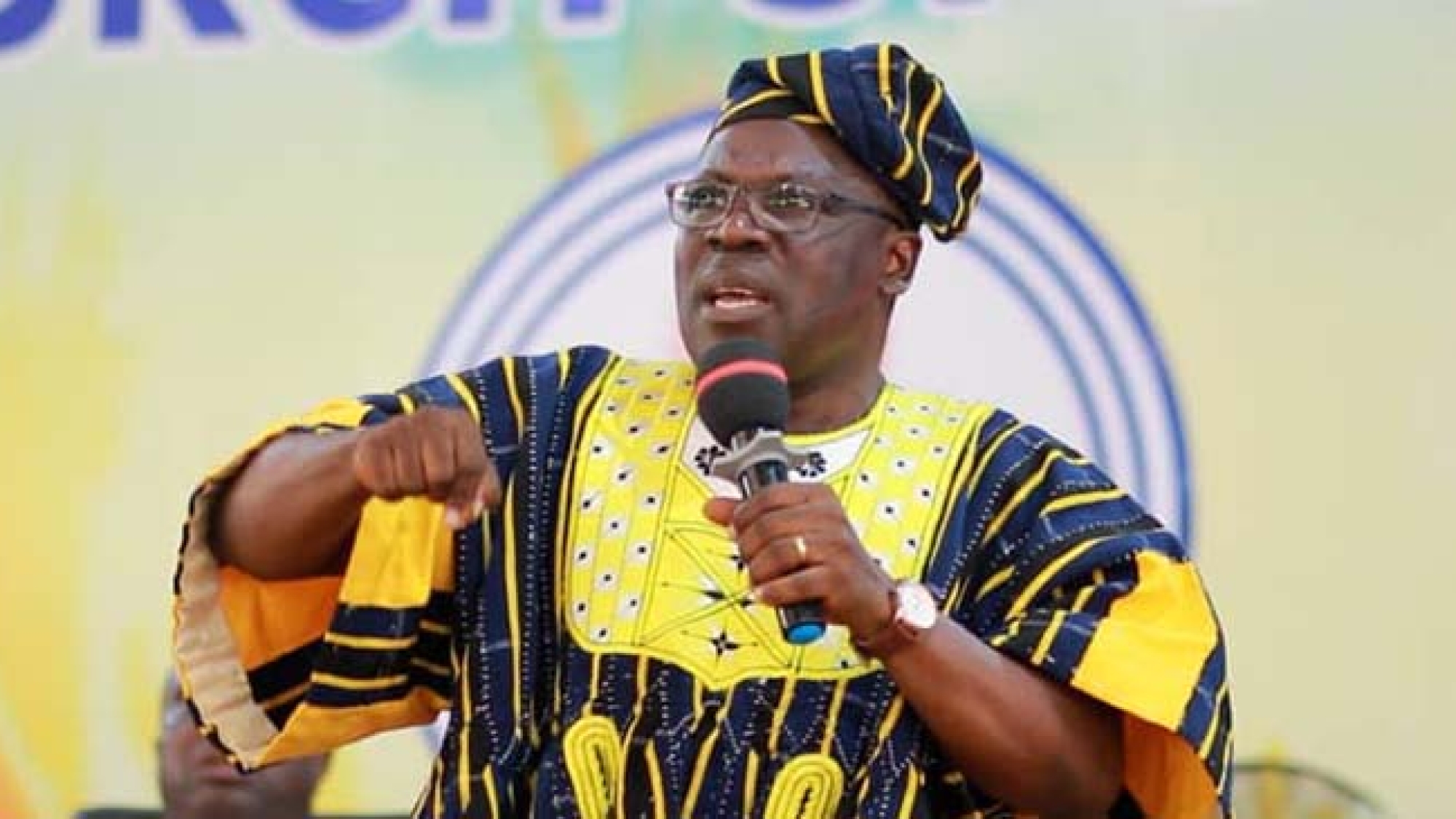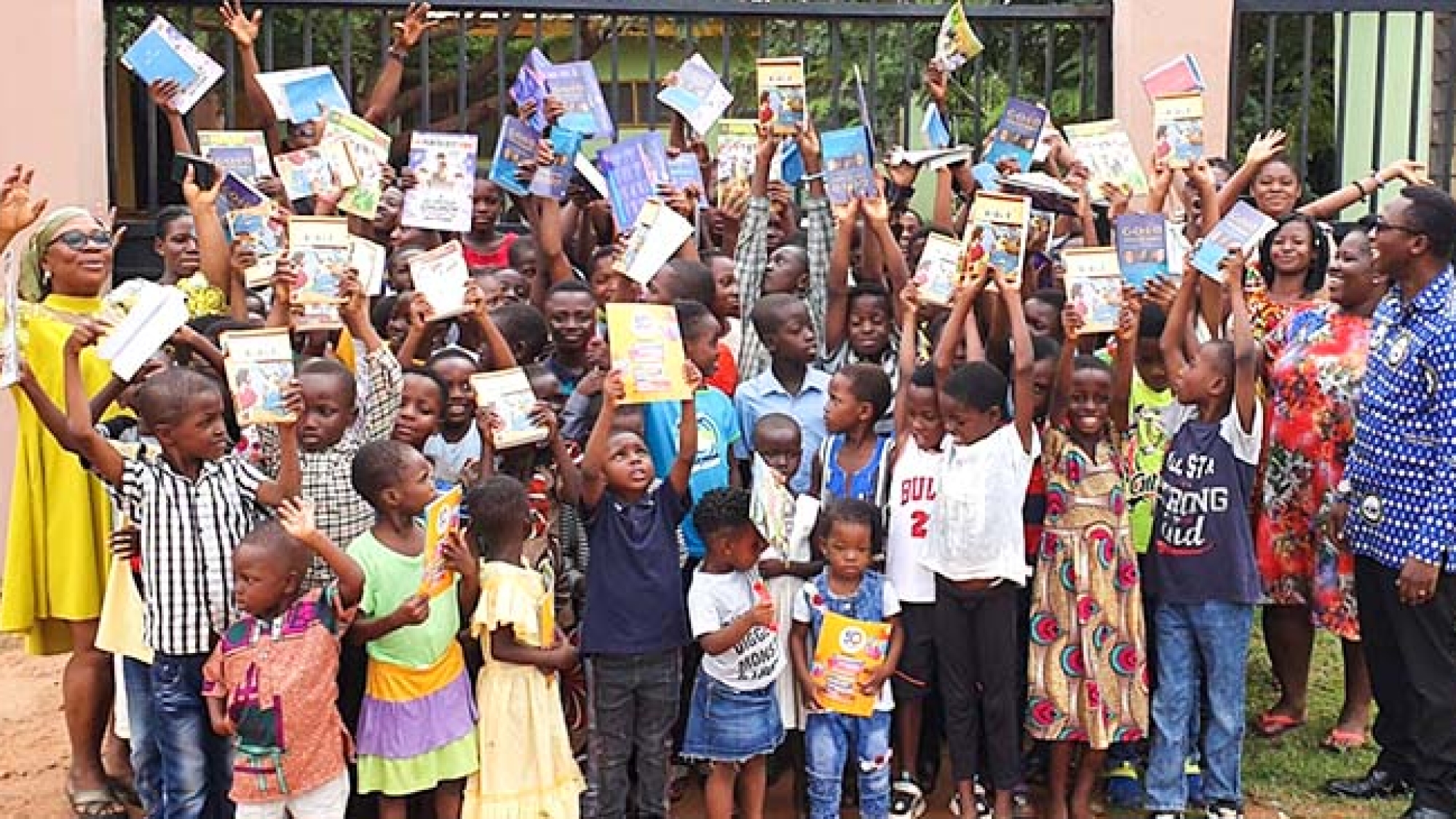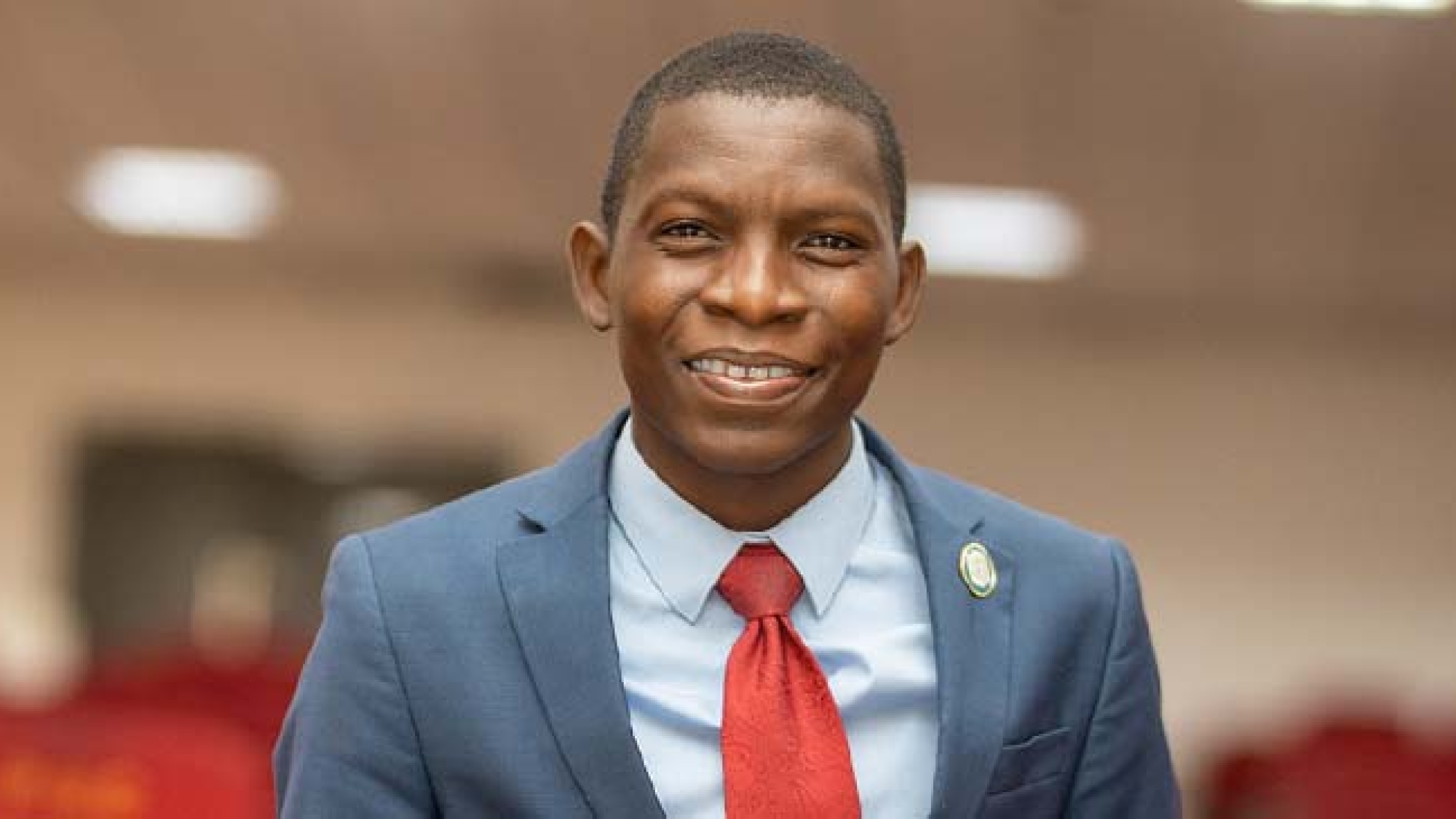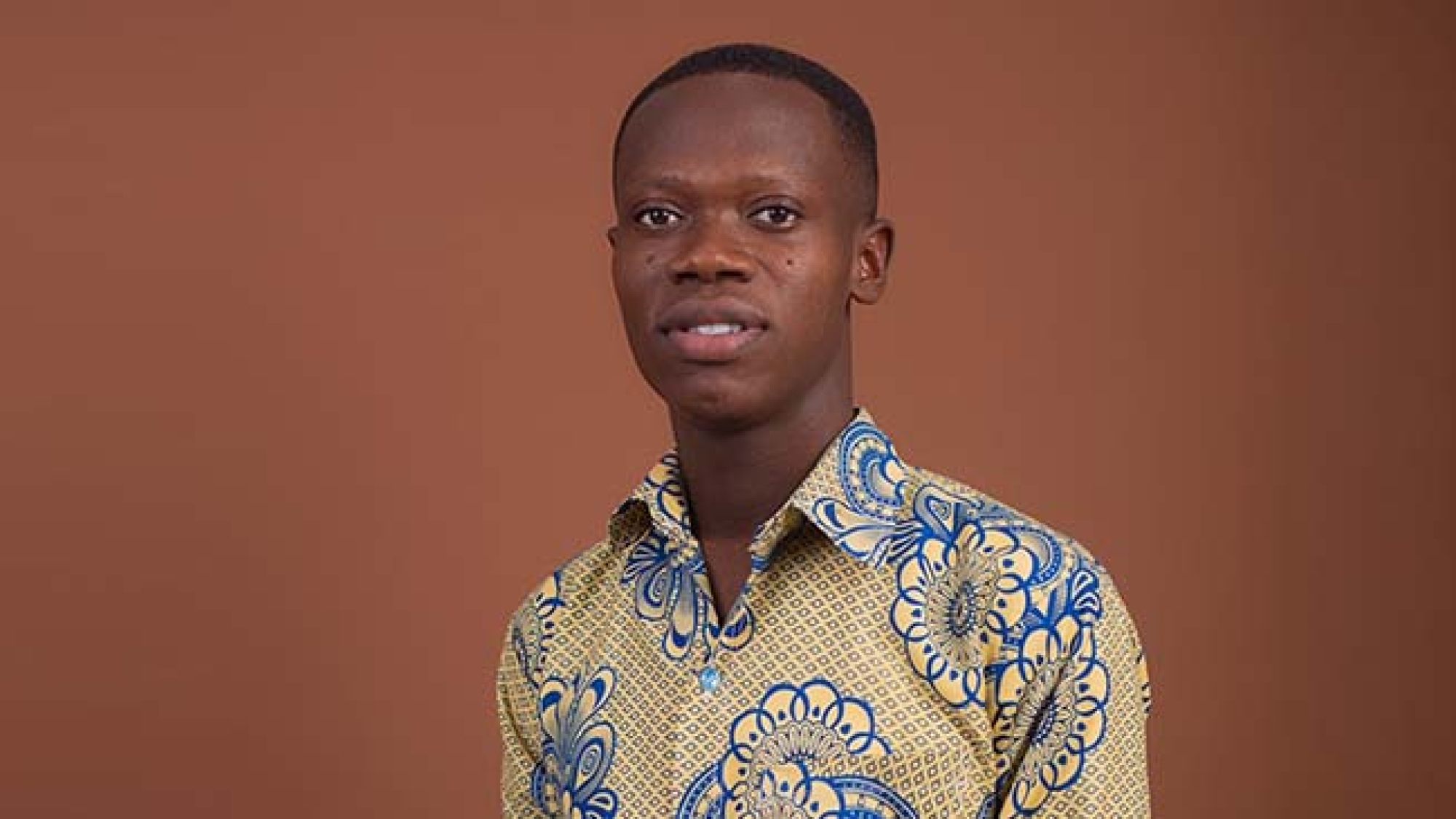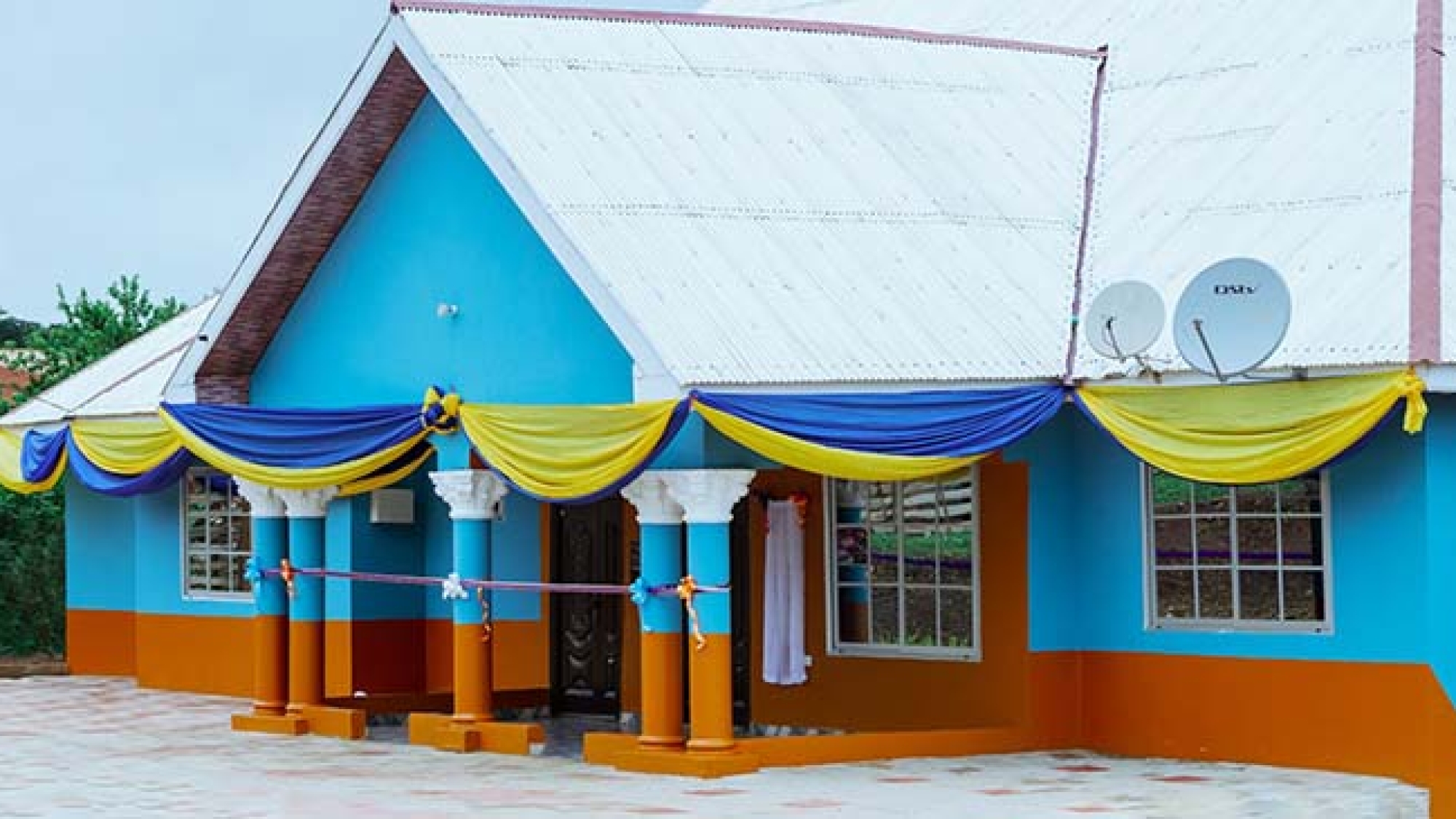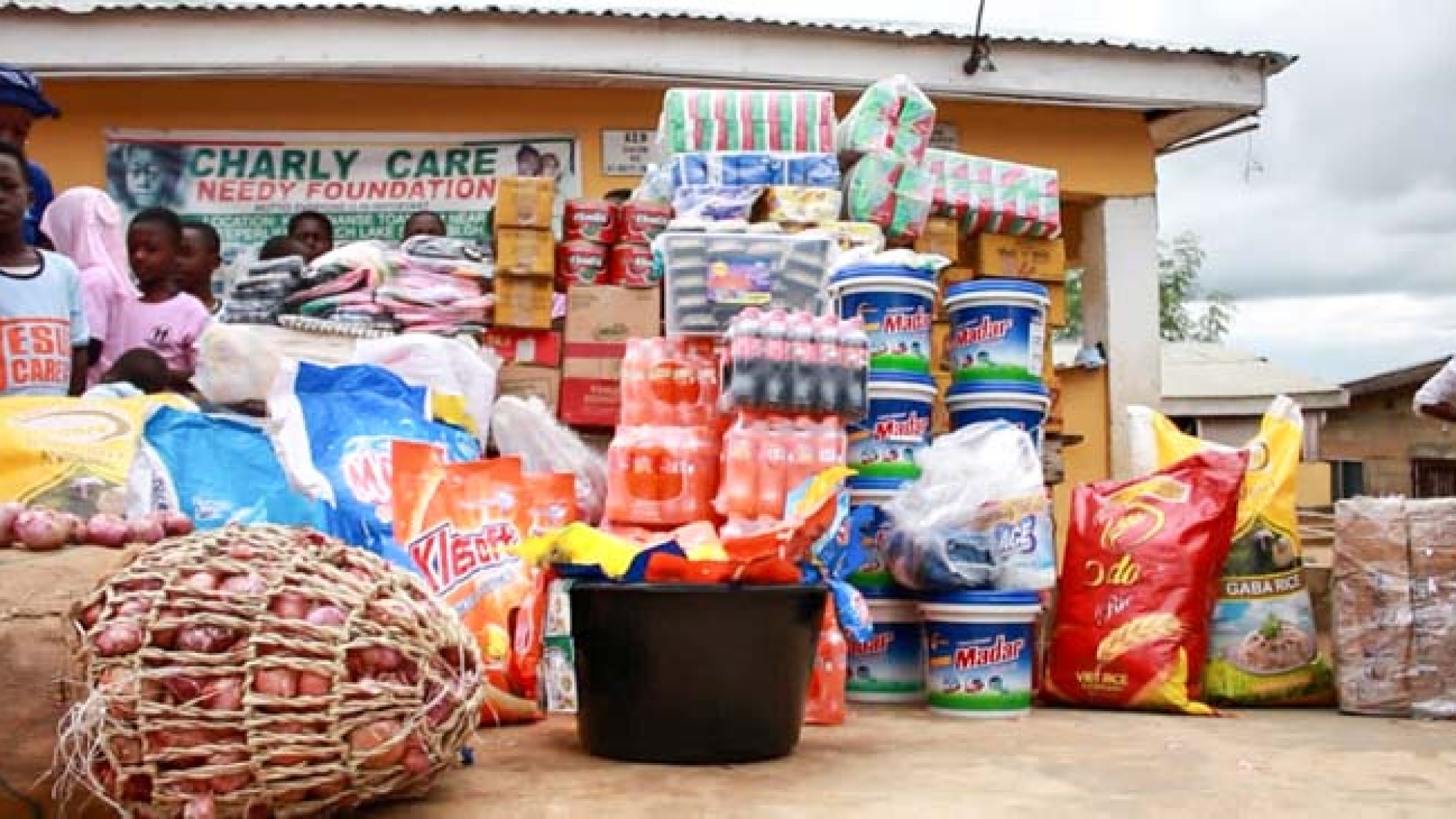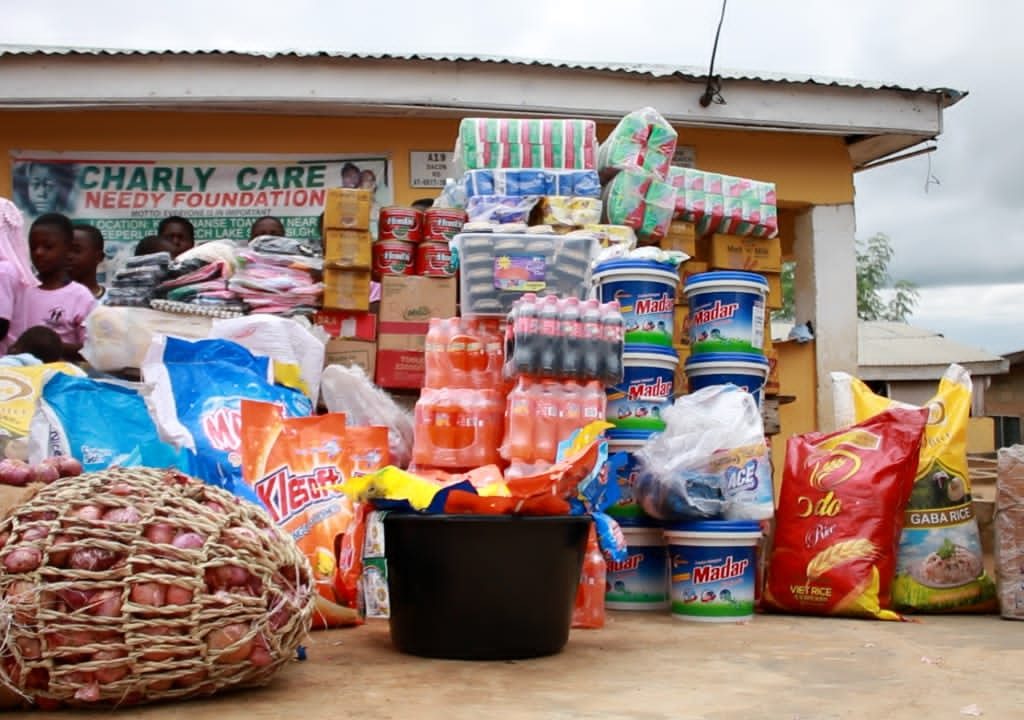The euphoria surrounding preparation, planning, and packing for excursions, retreats, travel, and convention trips is better experienced than narrated. It becomes even more intense when you are fortunate enough to be invited as a key participant in the program at hand. On one occasion, I was invited to participate in a 4-day program at the Pentecost Convention Centre (PCC), located in Gomoa Fetteh, in the Central Region of Ghana. The thoughts of the serene environment, the ambience, and the spiritual connectivity of the Centre alone would make anyone contemplate what to pack in their luggage. My wife assisted me in packing the items I needed. Interestingly, the packing process started in one room and had to be completed in another. With her help, I selected shirts of various types, a pair of trousers, suits, new and undershirts, pants, and shoes of different kinds and colours, and to appear official as a Minister of the gospel, a couple of ties and clerical attire. Consequently, I had a whole bag filled with electronic gadgets, another for personal belongings, and the suits and shirts neatly ironed and hung in the back seat of my vehicle.
On the day the power-packed programme concluded, and I entered my lodging room to begin packing my belongings, I realised that out of the five black shoes I had packed, only one had been worn throughout all the sessions. Surprisingly, neither of the two body sprays I brought for the trip was used. To my embarrassment, I only needed three out of the many colourful shirts, both new and old, for the entire program. The suits were untouched as well, so you can imagine the number of undergarments I packed that went unused. Do I need a lecture on planning and packing for trips? I don’t think so because, at the time of packing, there were justifiable reasons for every item I chose and the amount of luggage I carried. Why did I only use 10% of the things I brought but still had a great time and looked presentable throughout the sessions? The Holy Spirit provided me with an excellent but profound answer when He said, “Just enough should have been okay as pilgrims in this life.” Wow! Jesus’ advice to the disciples came to mind. He instructed them, saying, “Don’t carry a traveller’s bag with a change of clothes and sandals or even a walking stick. Don’t hesitate to accept hospitality, because those who work deserve to be fed” (Matthew 10:10). Although the definition of “enough” may vary and be challenging to determine, the Holy Spirit teaches us to recognise what constitutes enough in everything that comes our way. I also realised on the day we were all packing our luggage from our rooms and vehicles were departing in groups, how empty and lonely the few who remained at the Centre would feel when all the participants were gone. Through my numerous visits to the Pentecost Convention Centre (PCC), where I invite you to embark on a journey of spiritual renewal with your family and friends, I have learned the following lessons worth sharing:
- In this life, we don’t need everything our hearts and minds, or others make us believe we do.
- Therefore, let us not fight and acquire things through ill-gotten means, knowing they will only become extra baggage that weighs heavily on us when our time in this life is over.
- Unfortunately, we often accumulate more by impulsively buying when we encounter enticing goods and electronic gadgets on display. So, even though you may have travelled with, let’s say, 15kg luggage, you may return home with more than you initially carried, even though only a few of the original items were used. I have also discovered items I purchased at the Centre during programmes that remained in their wrappers for months or years in my wardrobe. Did I really need them? No! But at the time, friends, my own mind, the vendors, and my own desires convinced me beyond doubt to get them. Can you imagine how I would feel now if I had argued with my spouse, family members, or friends for not supporting me financially to acquire such things?
- Just enough for the journey should be our aim. The determination of the measure of “enough” is why Jesus sent the Holy Spirit to be with us until the end of this age.
- It may be challenging to put into practice, but it seems we may need to periodically clear out our shoe racks and wardrobes of items we never wore or used, if not on a yearly basis. Your strong disagreement with me only confirms why God used my numerous trips to the Convention Centre to teach me this lesson in our walk with Him. Open your eyes, and He may even use more vivid life experiences to illustrate this truth to you. Let us learn quickly so that we won’t have regrets sooner rather than later.
- When accumulating wealth and possessions, don’t solely rely on your heart, mind, friends, or environment. Seek the guidance of the Holy Spirit.
- Not everything we possess should be for our exclusive use. Some things come into our hands for the benefit of others. Help those in need because we always have something to share with others. The right time for kindness and sharing doesn’t wait for the perfect moment.
- Greed, grabbing (excessive desire), and longing for more are not uncommon when the self is in control. It is the default state of the fallen nature. However, it becomes a significant issue when it persists even after years of walking with the Lord and fellowshipping with other believers.
- The struggle and desire for so-called “comfortable” rooms or strategic locations for commercial activities should be approached with caution. Once the program is over, you will leave that room, space, or facility that you pushed and bulldozed your way into occupying.
- Embrace every aspect of programs, including the sometimes uncomfortable queues in the dining hall, because when vehicles start to depart, and people bid farewell, you begin to recognise the value of human connection and the warmth they bring wherever they are. That quiet atmosphere and sudden void when people start to leave, can be quite profound, especially for the Centre Manager who resides there. Therefore, make good use of people while they are within reach, as they will not always be present.
CONCLUSION
One day, after our work is done, we will bid farewell to this life. We must strive to learn quickly from the Holy Spirit that just enough should be sufficient for our pilgrimage in this life. When I started packing my things and realised I didn’t need everything I had brought to the Centre, I regretted inconveniencing those who had helped me with the packing, loading, and unloading of my belongings. Instead of judging me as fashion-blind, old-fashioned, or overly simplistic, ask yourself, “Did I truly need all of these things for my trip?” Why then, the hassle and stress? Let Moses’ prayer in Psalm 90:12 be ours as well: “Teach us to number our days, that we may gain a heart of wisdom.” 1 Timothy 6:6-7 states, “But godliness with contentment is great gain. For we brought nothing into the world, and we can take nothing out of it.” May the Lord grant us discernment, wisdom, and understanding as we journey through this life’s corridors.
Written by Pastor James Orhin Agyin





